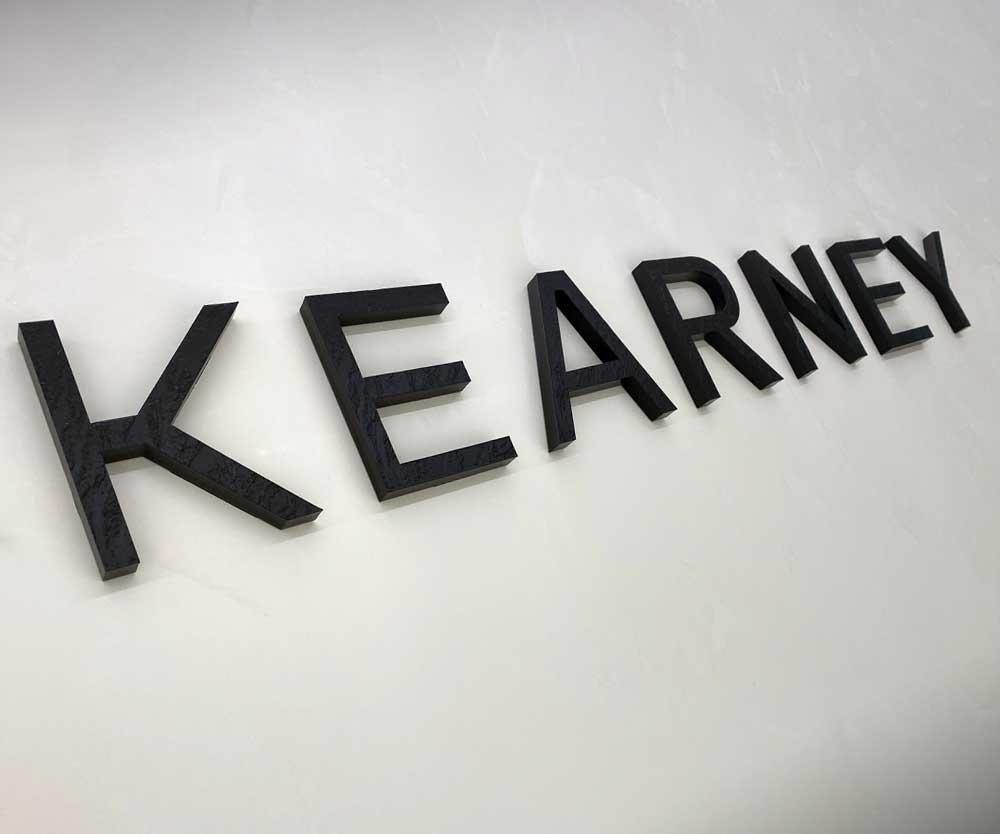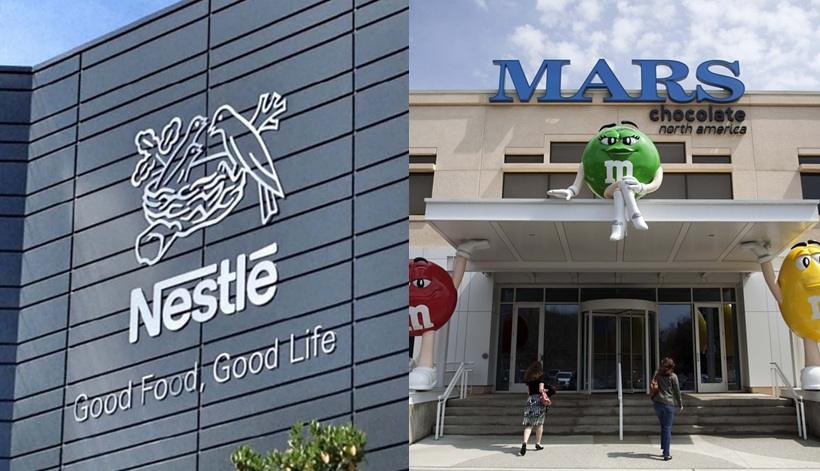Kearney Commits to 90% Absolute Emissions Reductions Across Value Chain by 2050
Global management consultancy Kearney announced today a series of climate goals, including a commitment to achieve net zero emissions by 2050, with 90% reductions in absolute emissions across the value chain by that time.
Kearney said that has become the first management consultancy worldwide to have its near- and long-term science-based emissions reduction targets have been approved by the Science Based Targets initiative (SBTi).
SBTi is one of the key organizations focused on aligning corporate environmental sustainability action with the global goals of addressing and limiting climate change. Last year, SBTi launched its Net Zero Standard, setting stringent criteria which it uses to assess and certify corporate commitments to achieve net zero emissions. According to the organization, science-based net zero requires decarbonization of 90-95% by 2050, with neutralization of residual emissions that are not yet possible to cut.
Alex Liu, Managing Partner and Chairman at Kearney, said:
“To be the first management consultancy firm with approved net-zero science-based targets is an incredible achievement. As consultants, the biggest sustainability impact we can create is through helping our clients with the opportunities and challenges in the transition to a low-carbon future.”
In addition to the 2050 goals, Kearney’s targets include reductions of Scope 1 and 2 greenhouse gas (GHG) emissions by 50%, and Scope 3 emissions reductions by 30% by 2030, and reaching 100% renewable energy in the firm’s offices by 2025.
The company outlined initiatives it is pursuing to hit its climate goals, including working to reduce business travel, cutting energy consumption, implementing sustainable mobility practices, and reducing and recycling waste.
The company also said that it is investing in carbon removal technologies and other projects with “proven environmental, social, and economic benefits that meet stringent international certification standards” to neutralize the impact of its residual unavoidable emissions.
Liu added:
“”We need to act fast, we need to act now, and we need to base our actions on science if we are to have any chance of meeting our necessary goals.”





